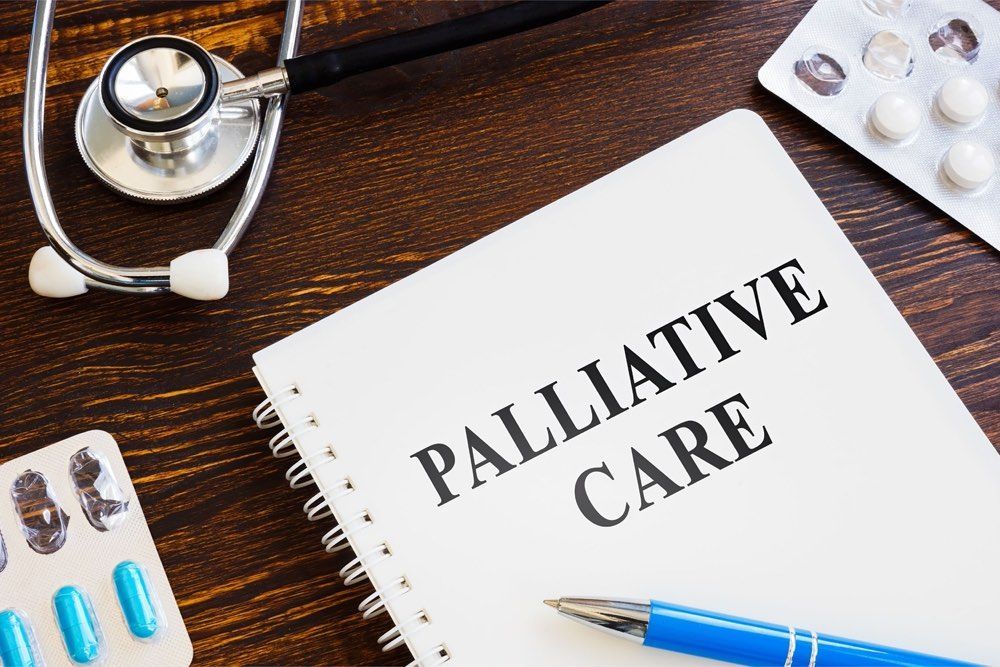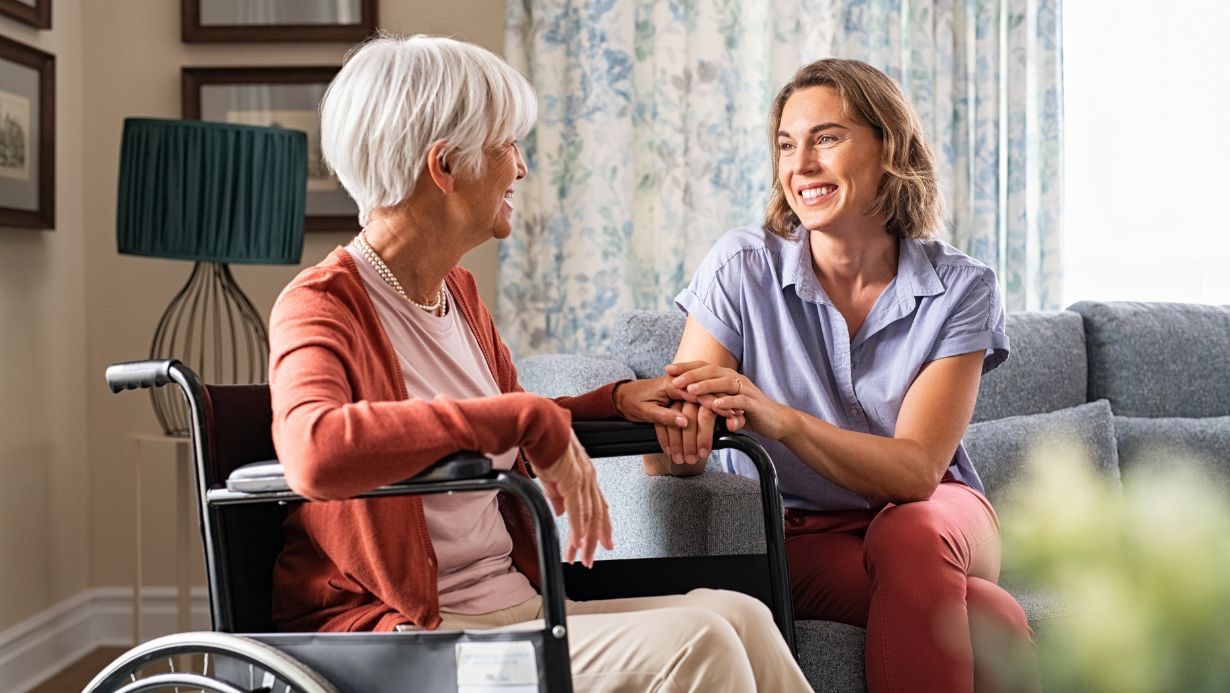Music as Medicine: Music Therapy for Seniors
Music is a universal language of sorts, and it shapes our reality throughout life, from lullabies to funeral marches. It can draw us back in time, spark inspiration and turn around a bad mood.
As such, music is gaining a more prominent role in treatment plans for seniors with chronic illnesses, particularly dementia and Alzheimer’s. Because singing, playing and listening to music all have documented benefits to physical, mental and emotional health, music therapy is an adaptive framework that can be meaningful for individuals in all stages of illness.
- Cognitive skills
Music that connects a listener with his or her past activates several regions of the brain, including the medial prefrontal cortex. Songs from the individual’s childhood and early adulthood tend to evoke the strongest response. Watch Henry’s story from the Music & Memory iPod Project to see this potential for memory recall and engagement in action. - Stress-management skills
Declining health, especially difficulty remembering and speaking, can cause seniors to become frustrated, overwhelmed and agitated. Slow, peaceful music, especially unfamiliar tunes, can help patients alleviate stress, manage their emotions and enhance their sleep.
Stimulating the auditory system has also been found to help override pain signals, increase serotonin and decrease cortisol. - Speech skills
Music therapy can help slow the deterioration of speech and language skills. It’s also been found to help stroke patients recover their verbal skills more quickly. - Physical skills
Sometimes, when a song you love comes on, you can’t help but move with the beat. For those without ambulatory restrictions, this can inspire dancing — a fun way to stave off the boredom of a monotonous exercise routine. Even if mobility is limited, individuals can clap their hands and tap their feet along with the beat. - Social skills
Singing, playing and listening to music with someone else creates a priceless opportunity for connection. Participation can strengthen the rapport and build trust between the patient and caregiver. It can also promote conversation with others, kindling a feeling of unity and combating isolation.
More From Our Blog

Berks County Office
Comforting Home Care by Phoebe
1 Reading Dr
Wernersville, PA 19565
Phone: 610-625-5206
Lehigh Valley Office
Comforting Home Care by Phoebe
3400 Bath Pike Ste 101
Bethlehem, PA 18017
Phone: 610-625-5600
The region's premier home care provider in Berks, Bucks, Lehigh, and Northampton Counties, including Allentown, Bath, Bethlehem, Easton, Emmaus, Fleetwood, Fogelsville, Hamburg, Hellertown, Hereford, Kutztown, Laurys Station, Leesport, Macungie, Mertztown, Mohnton, Nazareth, New Tripoli, Northampton, Oley, Orefield, Quakertown, Reading, Richlandtown, Robesonia, Schnecksville, Shillington, Shoemakersville. Sinking Spring, Temple, Topton, Trexlertown, Wernersville, Whitehall, Womelsdorf, Wyomissing, & Zionsville,
© Copyright 2023 | All Rights Reserved | Comforting Home Care by Phoebe
Website by Power Marketing International











